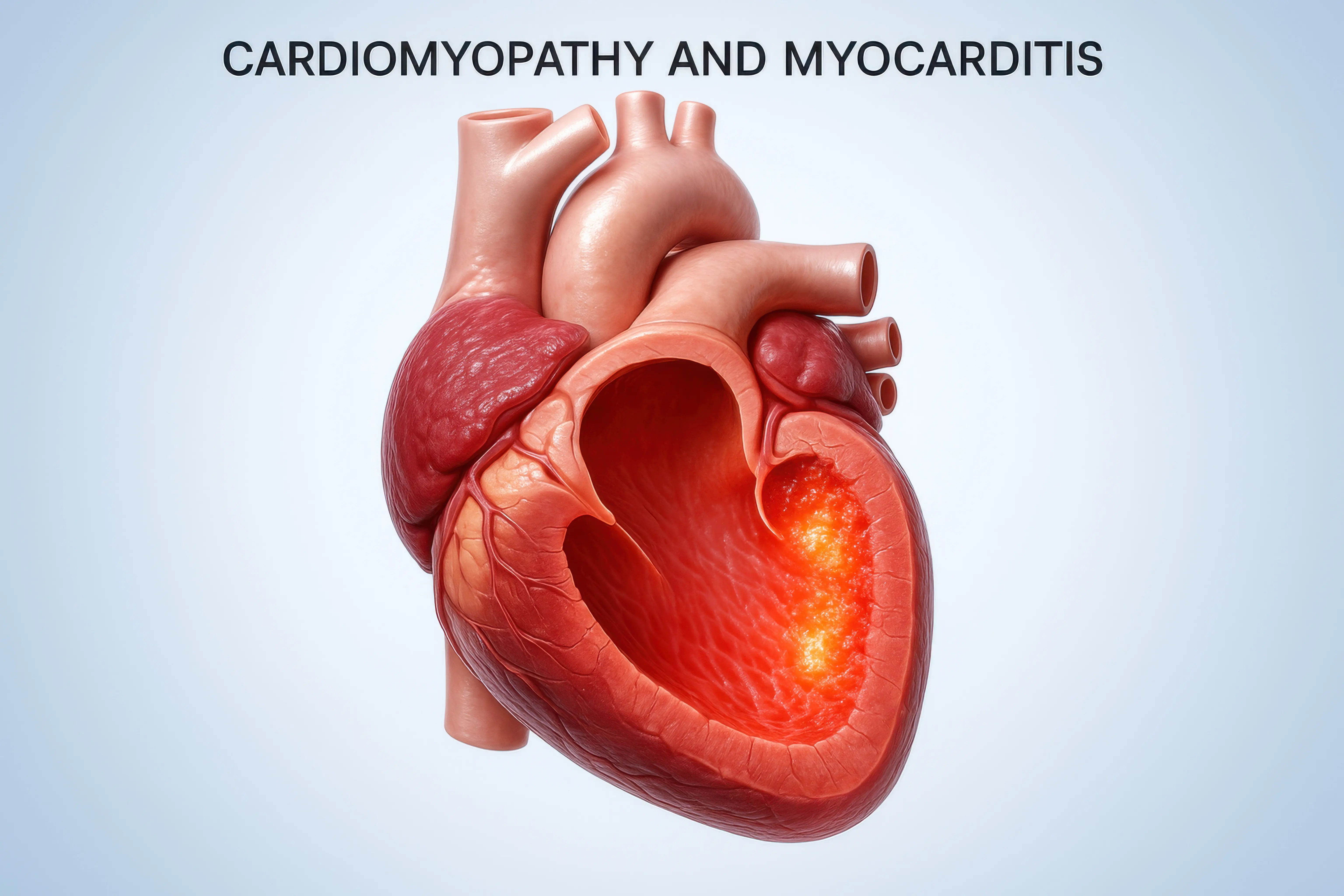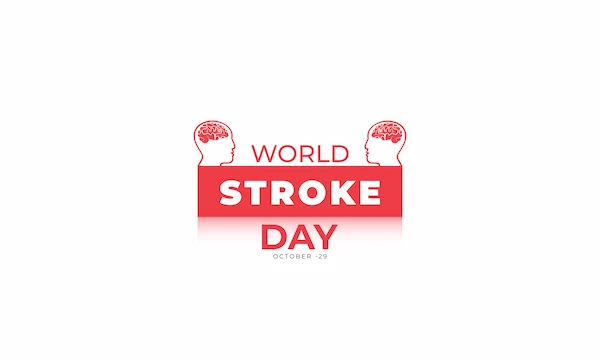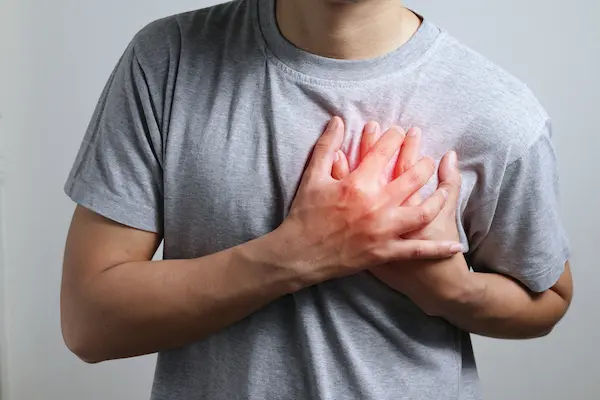- male
- 32 Years
- 29/01/2025
I've been experiencing some concerning health issues lately and could really use some guidance. I'm 32, from Hyderabad, and generally healthyI don't smoke and only drink beer like once in every three or four months. I used to be really active with running, climbing, and cycling, even training for triathlons. But around five months ago, I started having chest pain that spreads to my back and left arm, especially when I'm lying down. Despite having had an ECG, echo, TMT, troponin, and a CT angiography, all these tests came back negative. The only thing I've been diagnosed with is high heart rate, for which I'm on medication. This has helped bring down the chest pain but not completely. Now, for the past month, I've had intense headaches and dizziness that make me feel like I might just collapse. Last night was particularly bad with the headache and chest pain. I'm really worried and not sure how to proceed. Could you advise on what might be causing this and what I should do next?
Answered by 1 Apollo Doctors
It sounds like you are experiencing a combination of chest pain, back pain, left arm pain, headaches, and dizziness. Since your cardiac tests have come back negative and you are already being treated for high heart beats, it is important to consider other possible causes for your symptoms. The chest pain, back pain, and left arm pain could be related to musculoskeletal issues or nerve impingement. For your headache and dizziness, it may be helpful to explore the possibility of migraines or other neurological conditions. I recommend trying a medication like Acetaminophen for your headache and pain relief. For your ongoing chest pain, back pain, and left arm pain, you can try a muscle relaxant like Cyclobenzaprine. Additionally, for your high heart beats, you can continue with the medication prescribed by your doctor. However, it is important to follow up with your healthcare provider to discuss these new symptoms and explore further evaluation or treatment options.
Dr. Dr Khaleel Suggests...
Consult a Cardiologist
Answered 04/07/2025
0
0

More Cardiology Health Queries
View allMy husband's triglyceride level is pretty high at 515, so I'm a bit worried about what he can eat. I'm wondering if mangoes are okay for him. He's taking Stator F every night after dinner. Does that affect what fruits or foods he should avoid?
High triglycerides are a significant risk factor for cardiovascular disease, and managing diet is crucial in controlling these levels. While mangoes are nutritious, they are also high in natural sugars, which could potentially raise triglyceride levels if consumed in large quantities. Your husband can still enjoy mangoes, but it is important to do so in moderation and as part of a balanced diet that is low in refined sugars and unhealthy fats. Since he is taking Stator-F (a combination of statin and fenofibrate) to manage his triglycerides, it is essential to follow dietary recommendations from his healthcare provider. If you're unsure about how much mango is appropriate, it would be best to consult with his doctor or a registered dietitian who can provide personalized advice.
Answered by 1 Apollo Doctors
I recently bought an oximeter and noticed something that puzzled me. When I checked my levels while resting, it showed 95 bpm, 99 SpO2, and 7 PI. But after a little exercise, it went up to 130 bpm, 99 SpO2, and the PI dropped to 2. Ive experienced palpitations and panic attacks before, so my heart rate sometimes spikes to 180 during exercise. I had medical tests done a few months ago, which were all normal. What I'm confused about is why my PI drops so low with higher bpm? Can you shed some light on this?
The Perfusion Index (PI) is a measure of the strength of your pulse and the blood flow to your finger. A low PI% can indicate poor circulation or weak pulse strength. In your case, the decrease in PI% after exercising may be due to increased heart rate and blood flow redistribution to other parts of the body, leading to a weaker pulse signal at the oximeter sensor. This is common during physical activity when the body prioritizes blood flow to muscles and organs. To address this concern, you can try to ensure a good sensor placement on your finger, stay well-hydrated, and avoid excessive movement during oximetry readings. If you continue to have concerns about your PI% readings, it would be advisable to consult with your healthcare provider for further evaluation and guidance
Answered by 1 Apollo Doctors
How is heart affected in diabetes?
With time, raised blood sugar levels can damage the blood vessels and nerves that control the heart. Additionally, people with diabetes are also more likely to have other conditions that raise the risk for heart disease such as high blood pressure and deranged cholesterol or triglyceride levels.
Answered by 1 Apollo Doctors
Disclaimer: Answers on Apollo 247 are not intended to replace your doctor advice. Always seek help of a professional doctor in case of an medical emergency or ailment.





